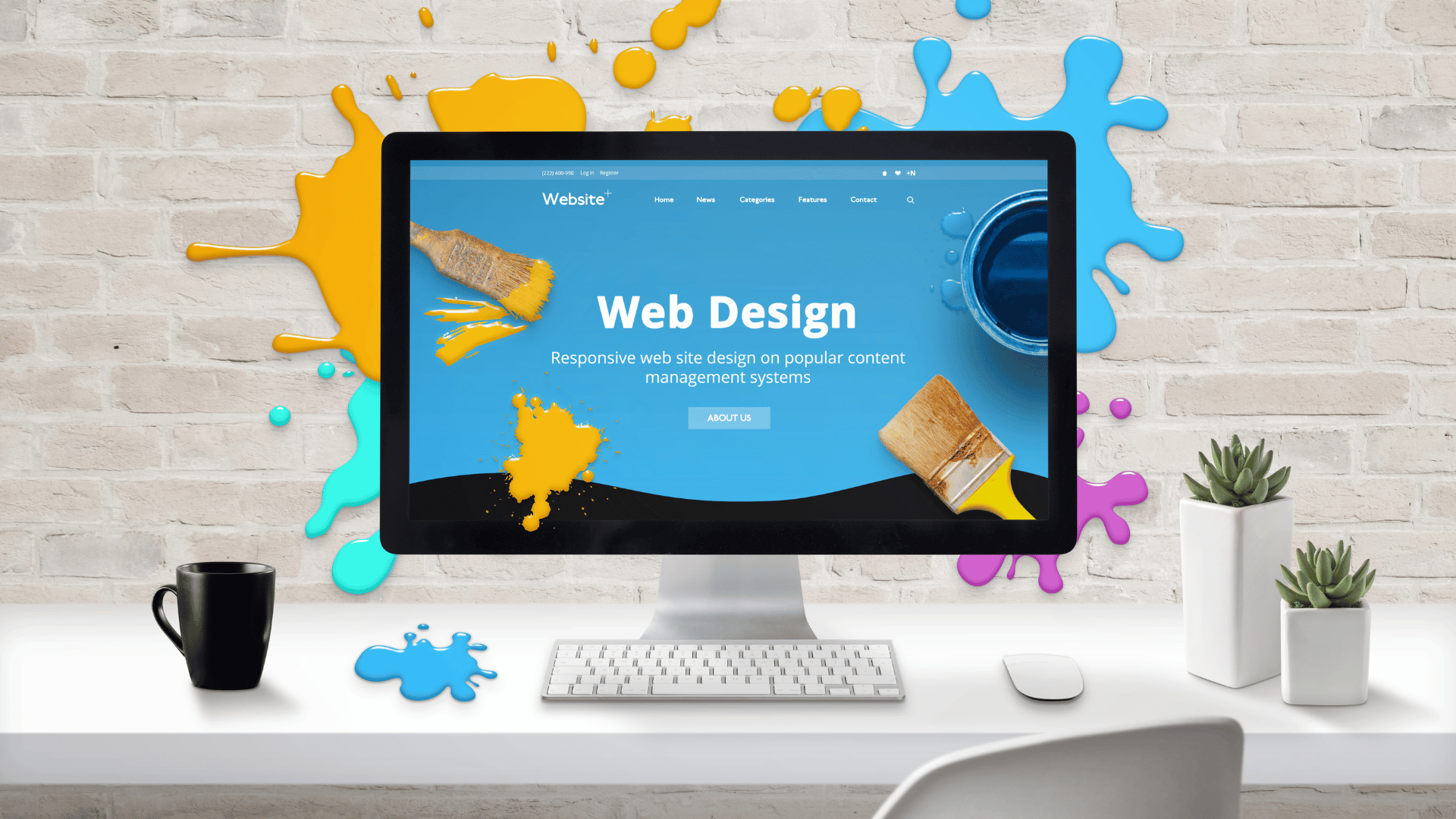In today’s digital world, your business's online presence is more important than ever. Whether you run a small local shop or a large global enterprise, a professionally designed and well-developed website is a crucial asset. It not only helps you establish credibility but also opens up a world of new opportunities for growth, marketing, and customer engagement. Let’s dive into the top benefits of having a website design and development for your business.
1. Establishes Your Online Presence
Having a website is a fundamental part of establishing your business's presence on the internet. It’s often the first point of contact for potential customers, and in many cases, it’s where they form their first impressions about your brand. A modern, well-designed website assures your customers that your business is legitimate and professional.
Think of your website as a 24/7 storefront. It's always there for customers to explore your products or services, even while you sleep. This constant availability increases the chances of attracting new leads and sales.
2. Builds Credibility and Trust
A professionally designed website conveys trustworthiness. In a world full of scams and unreliable businesses, consumers are naturally cautious. A polished, well-organized website can help build that trust by showcasing your brand’s identity, mission, and values in a way that aligns with your customers' expectations.
With features like testimonials, reviews, case studies, and certifications, your website can establish authority and reliability in your field. Providing essential information in a clear, easy-to-navigate layout will keep visitors engaged and reduce bounce rates, further solidifying your business’s reputation.
3. Increases Visibility and Reach
A strong website expands your business's reach beyond your local area. It serves as a hub for global marketing efforts, helping you connect with customers worldwide. Moreover, when optimized for search engines (SEO), your website can show up in relevant search results, bringing in organic traffic from users actively searching for your products or services.
By implementing effective SEO strategies—such as keyword optimization, creating valuable content, and building backlinks—you can increase your website’s ranking and improve its chances of being found by potential customers who are searching for businesses like yours.
4. Provides a Marketing Platform
Your website is one of the most powerful marketing tools available. It can host everything from blogs and social media feeds to promotional campaigns and paid ads. A well-designed website integrates with your social media channels, email marketing campaigns, and digital ads, giving you a seamless way to drive traffic and boost sales.
Additionally, you can track user behavior using analytics tools to understand what works and what doesn’t. This data lets you make informed decisions about where to invest your marketing resources and how to optimize your online strategies.
5. Improves Customer Experience
A well-thought-out website design is all about improving the user experience. A user-friendly, responsive design that looks good on any device is essential for retaining customers and encouraging conversions. With intuitive navigation and a smooth checkout process, visitors are more likely to stay longer and complete their purchases or inquiries.
Moreover, websites can host live chat support, FAQ sections, and interactive forms, which empower customers to get the answers they need quickly. Providing a better customer experience leads to higher satisfaction, loyalty, and repeat business.
6. Enhances Competitiveness
In today’s fast-paced digital world, it’s essential to stay competitive. Having a website helps level the playing field, especially for small businesses looking to expand their reach. Without a website, your competitors who have one are likely to attract more attention from online consumers.
A modern website can give your business an edge by showcasing your products or services in an engaging and interactive way. Whether it's through interactive product demos, stunning visuals, or clear value propositions, your website can effectively differentiate you from competitors.
7. Cost-Effective Marketing
Compared to traditional forms of advertising like print or TV ads, maintaining a website is incredibly cost-effective. Once built, a website requires relatively low ongoing costs (hosting, maintenance, updates) while offering high returns in terms of lead generation and sales.
Additionally, your website provides an evergreen marketing platform—meaning that your content, such as blog posts or landing pages, continues to work for you long after they’ve been published, driving traffic and generating leads 24/7.
8. Gathers Customer Insights
Your website provides valuable insights into customer behavior. Through tools like Google Analytics, you can track visitor traffic, engagement, demographics, and more. This data is essential for understanding who your customers are, what they’re interested in, and how they interact with your brand.
By monitoring these analytics, you can make data-driven decisions about your website content, marketing strategies, and even your product or service offerings. This ongoing feedback loop enables you to continuously improve your business’s online performance.
9. Expands Sales Opportunities
E-commerce websites take sales to the next level by allowing customers to purchase products or services directly online. Whether you have a physical storefront or operate solely online, an e-commerce site makes it easier for customers to browse, order, and pay from anywhere in the world.
Having a website with integrated e-commerce capabilities helps you capture sales that may have been missed without an online shopping experience. Plus, you can offer additional revenue streams through affiliate marketing, memberships, subscriptions, or digital products.
10. Scalability and Flexibility
As your business grows, so should your website. A well-developed site is scalable, allowing you to add new pages, products, and features as your business evolves. Whether you need a blog, online store, or customer portal, your website can adapt to accommodate changes and future business needs.
Having a flexible, scalable website ensures that your digital presence remains relevant as your business expands, allowing you to stay ahead of industry trends and meet growing customer demands.
